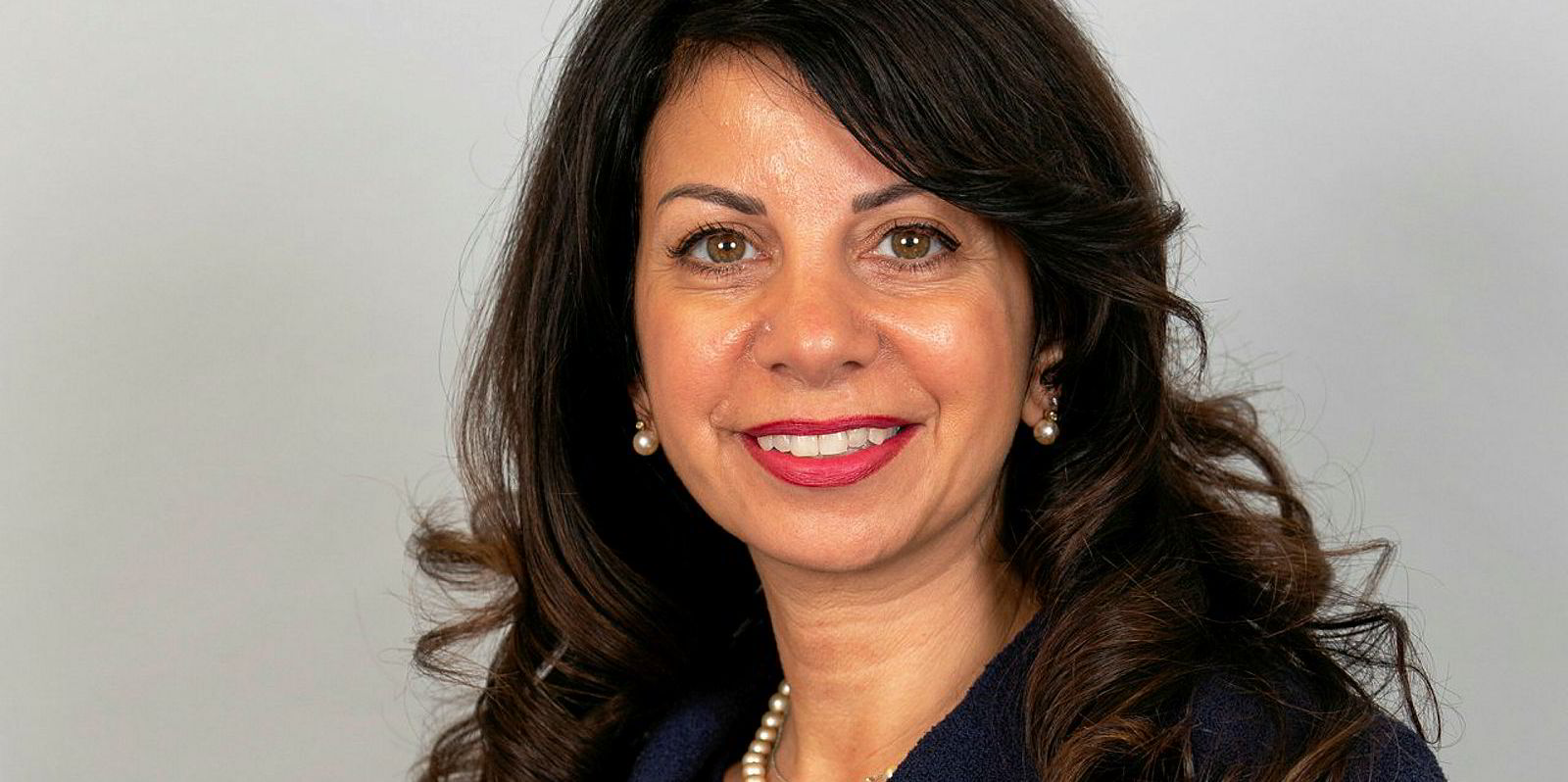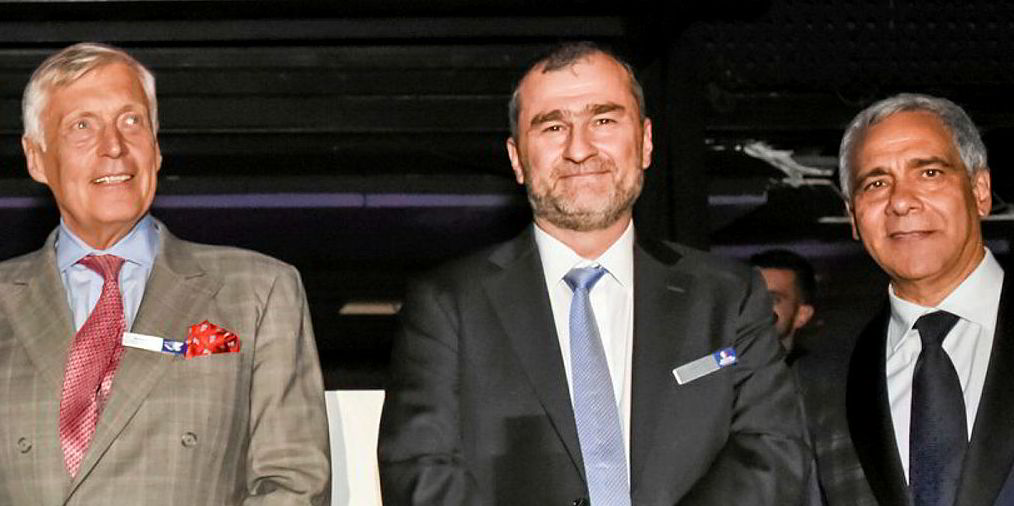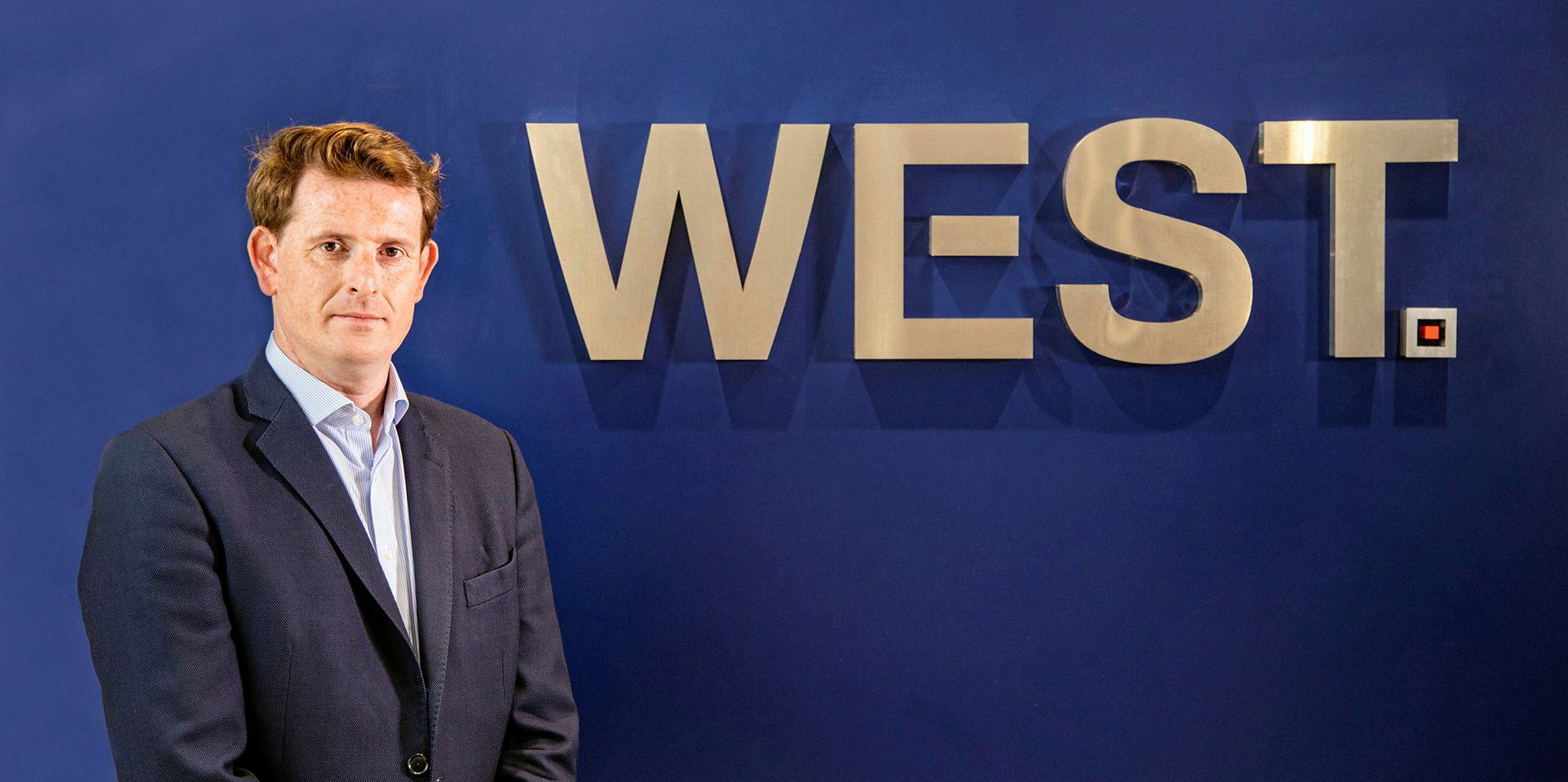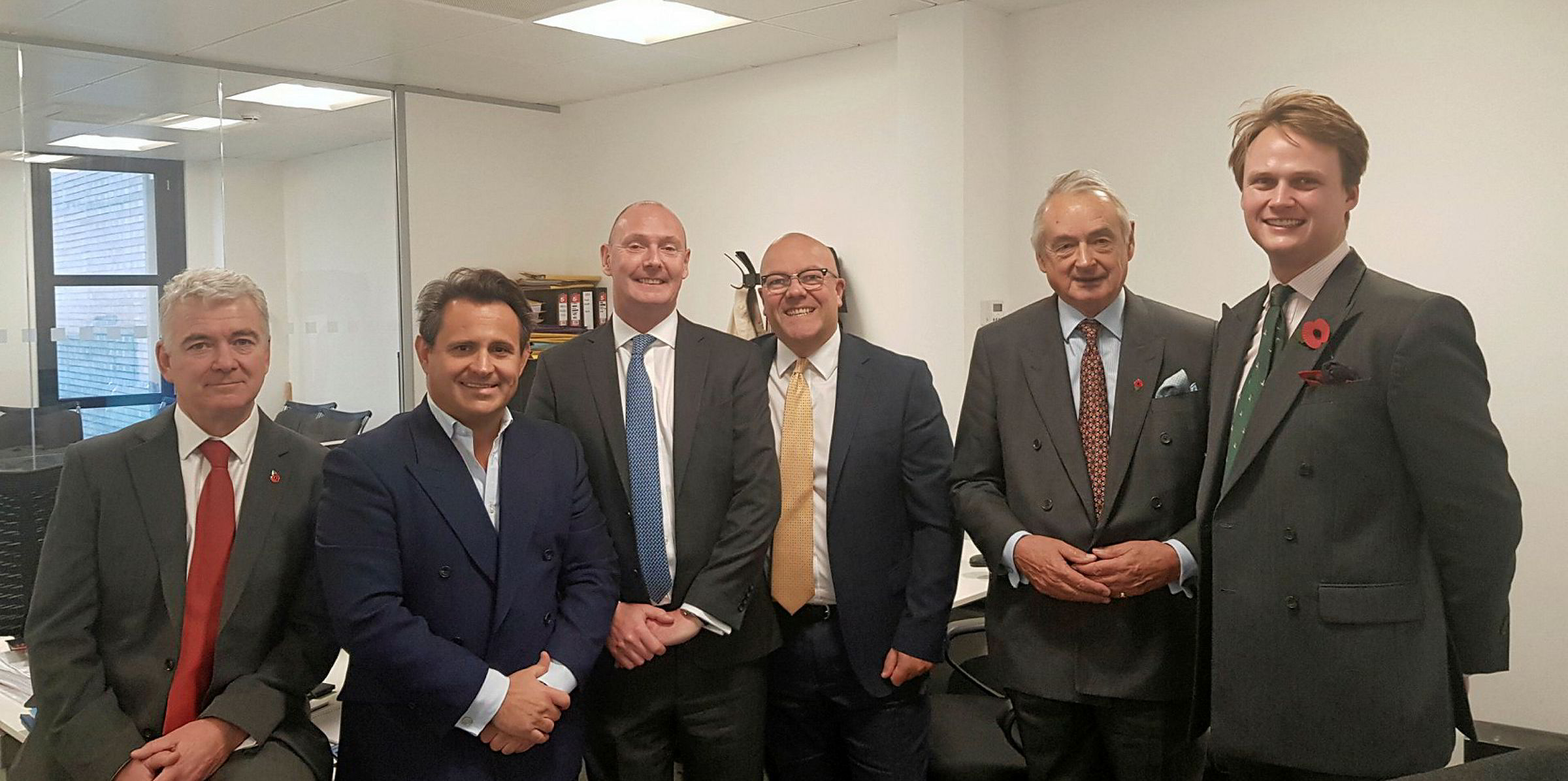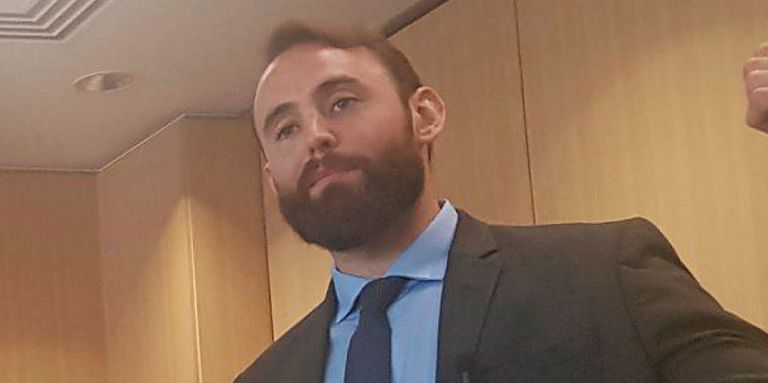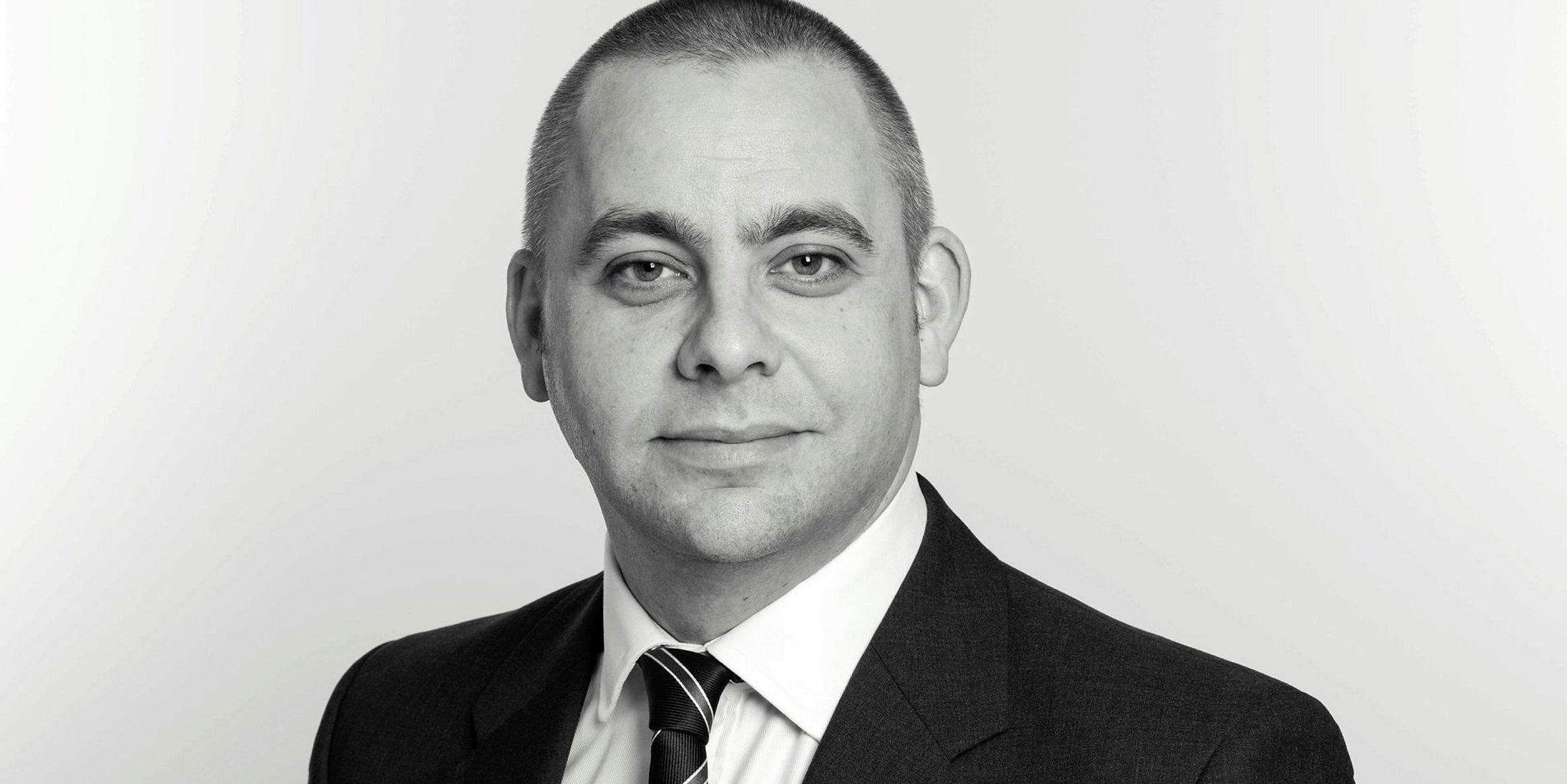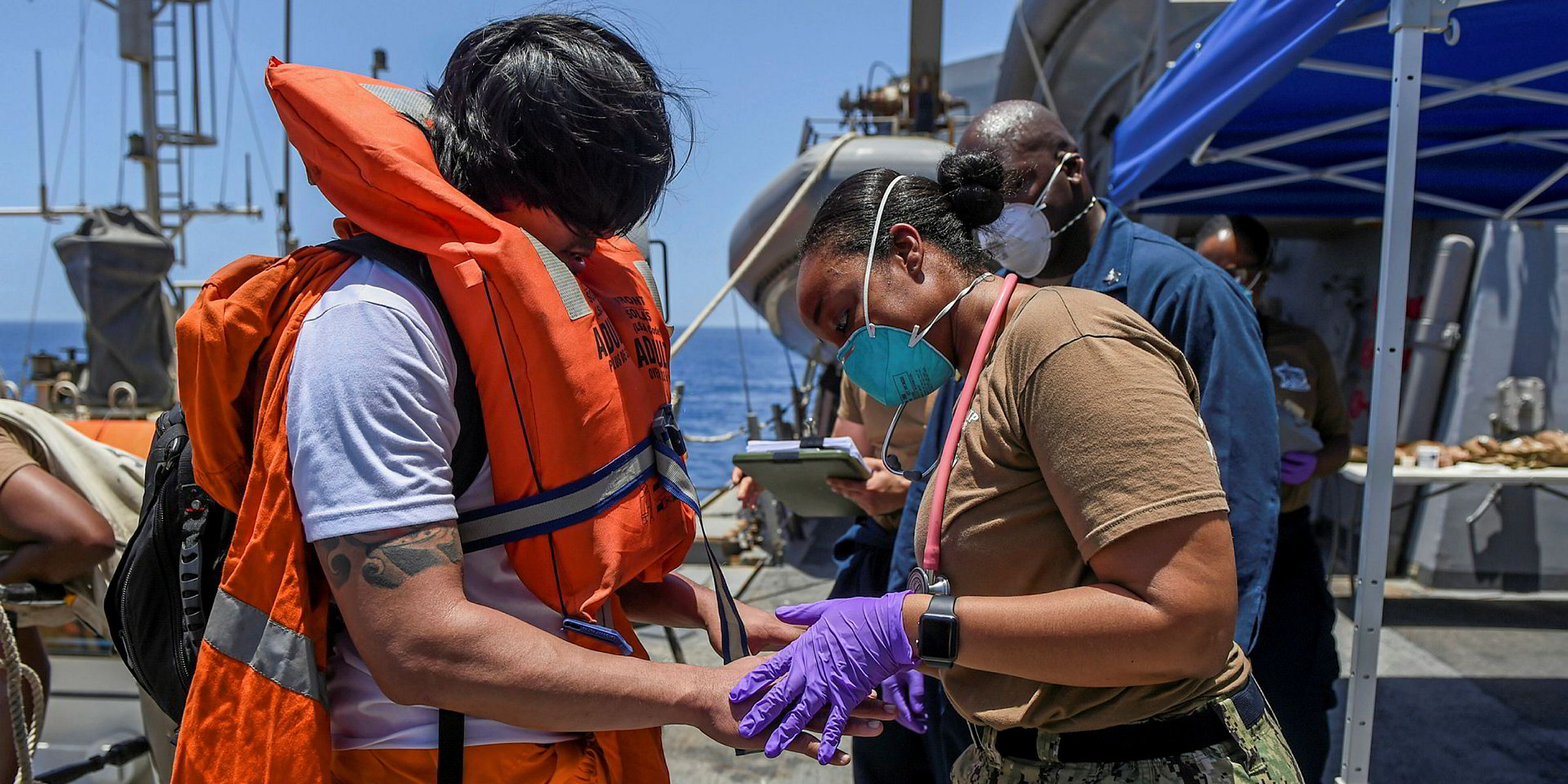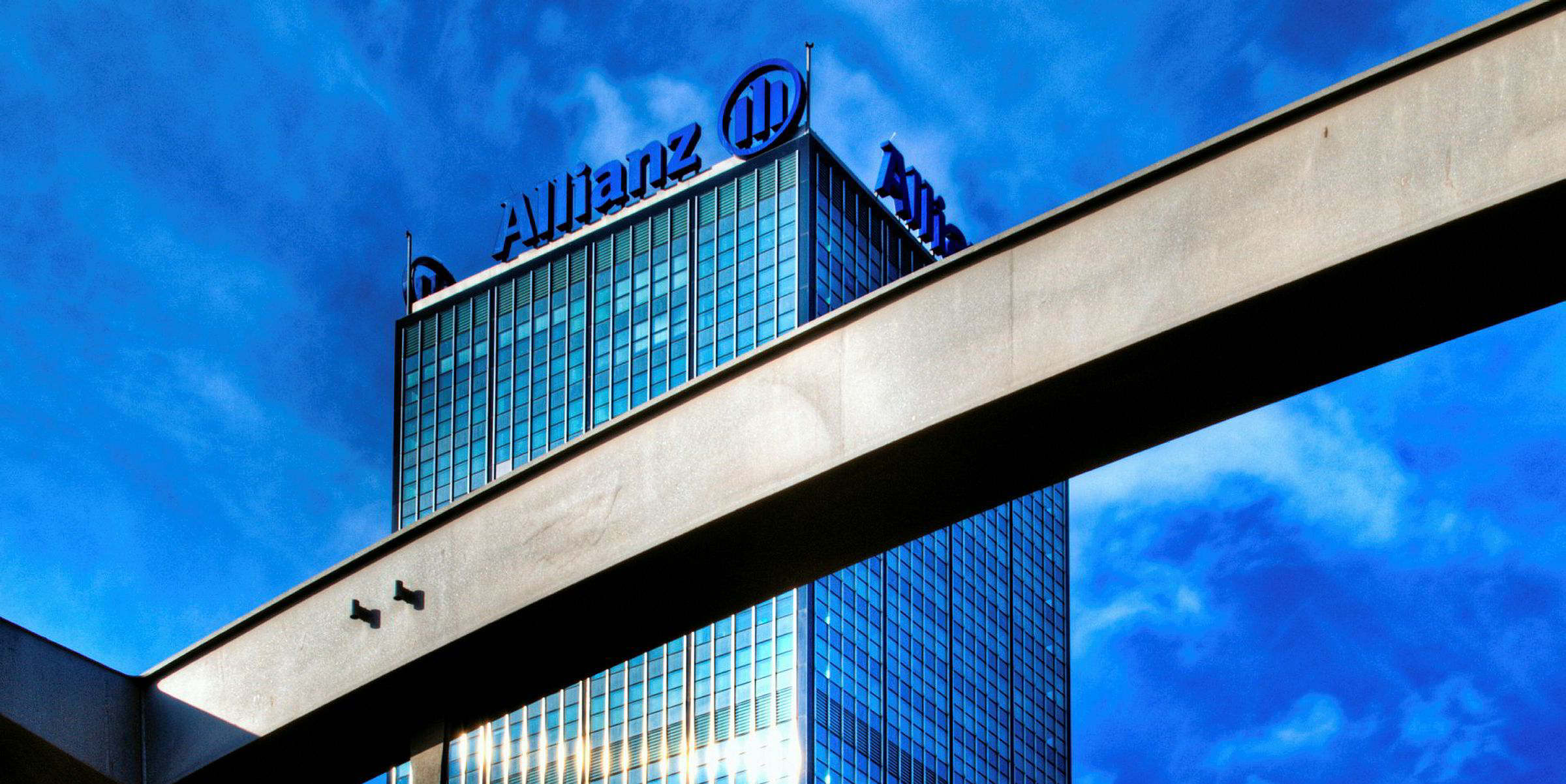DOROTHEA IOANNOU
Chief commercial officer, American Club
There are many current challenges for the marine insurance industry that will follow us into the next decade. Fast-evolving advances in technology, ever-increasing regulation and the volatile landscape of international agreements, geopolitics and sanctions pose great challenges ahead because they all affect trade patterns — thereby affecting risk.
A significant part of the last decade enjoyed a benign claims environment but the recession in global trade and a relatively stable backdrop from a ship operational perspective played a major role. Insurance overcapacity intensified competition and facilitated the use of insurance reserves to support insureds during difficult times. An analysis by the American Club of declared tonnage and premium to the International Group of P&I Clubs showed protection and indemnity rates declined by about 41% since 2009.
As new factors come into play creating a new trade environment, and increasing costs, so will claims intensify, in frequency and quantum, making this unsustainable. Indeed, the last year and a half has seen a tremendous rise in major maritime claims — 2018 being the greatest pool claim year since 2011 and 2019 following suit.
It is well established that human error is the root cause of most claims. This will not change. P&I loss prevention must continue to concentrate on training, planning, guiding and best practices. While technological advancement and regulation will reduce or mitigate certain types of errors, it will no doubt create new types of risk through new areas for error. The sustainability of underwriting risk will depend not only on reviewing past performance but evaluating the exposure going forward within the context of a new technological, operational and regulatory environment.
Provision of information will be critical in the volatile world of sanctions and tighter oversight of insurance regulation. This environment will be a driving force encouraging greater cooperation between clubs, recognising the value of information sharing as outweighing the perception of competitive edge.
Collaboration within the industry, on the other hand, between private stakeholders of different sectors as well as between private and public bodies, will be key. This means making sure we have a “seat at the table” as an insurance industry and as a voice for ship operators. Finally, a forward-looking approach in terms of having the right people in place to deal with these increasing challenges relating to insurance management will be vital from an individual club perspective.

PAUL JENNINGS
Chairman, International Group of P&I Clubs
The International Group of P&I Clubs has never been better placed to meet the challenges of the next decade. The group’s clubs will continue to serve their shipowner and charterer members and, through their unrivalled claims experience, the victims of maritime accidents.
A wholesale review of the agreements that bind the 13 clubs together has been completed to ensure they remain fit for purpose. The managers and boards of all the group clubs have also reaffirmed their commitment to the sharing of marine liabilities and, importantly, to expand pooling to cover new liabilities as they evolve. This is important because with operators’ margins continuously squeezed, a strong, reliable and responsive insurance partner has never been more important.
Challenges and opportunities often go hand in hand. Over the next decade, we are looking forward to the introduction of new technology that will impact both ship operations and insurance solutions. The group’s data set, derived from more than 90% of the world’s oceangoing shipping, can provide an unrivalled insight into the causes of accidents, help improve safety and protect the marine environment, while also enabling the more accurate pricing of risk.
The International Group is progressive, well regulated and wholly aligned to its members’ needs, as well as to other industry stakeholders. Today, more than ever, it fully lives up to its strapline — “Collectively Stronger”.
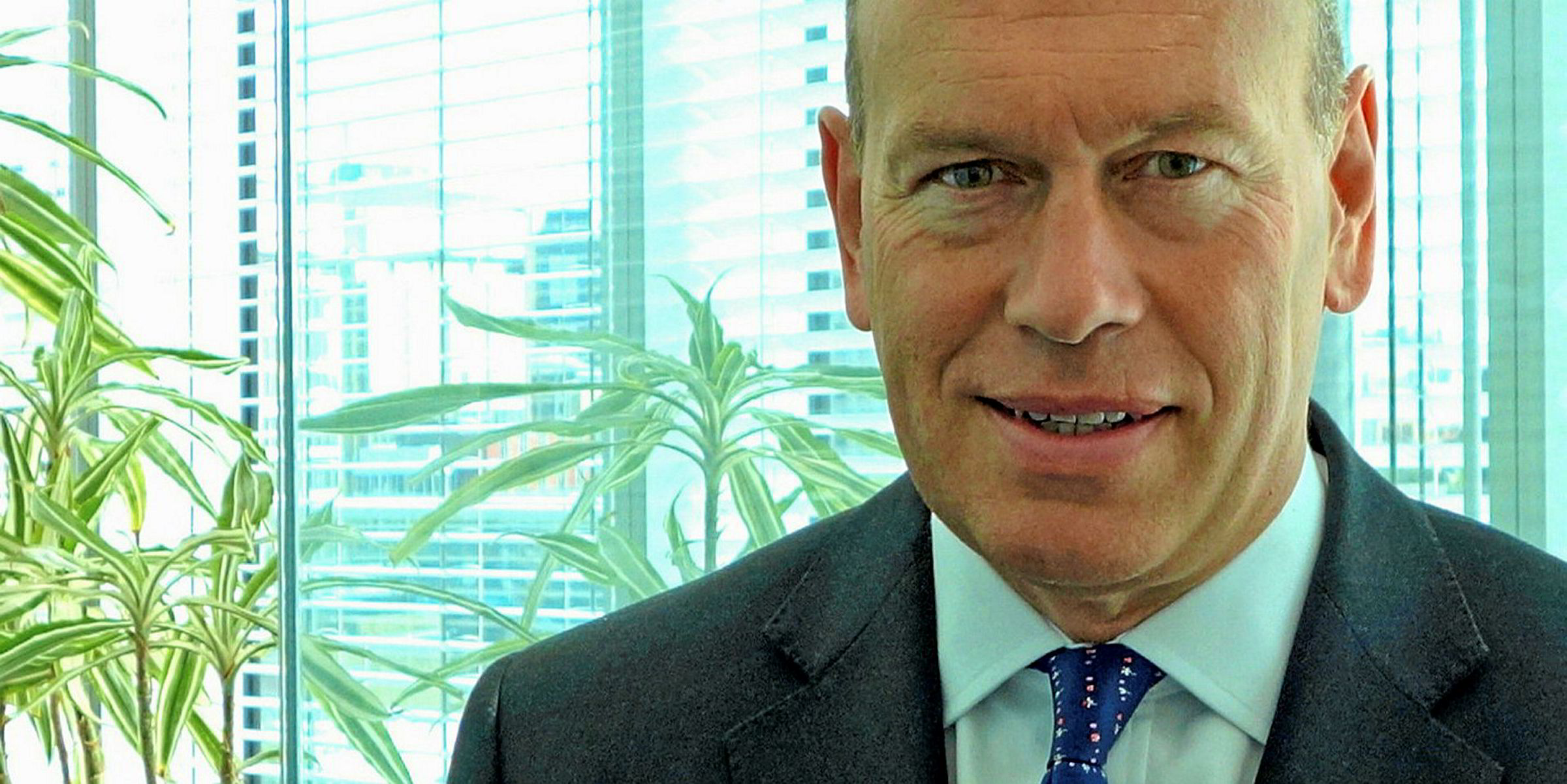
MARCUS BAKER
Global head of marine and cargo, Marsh JLT Specialty
This coming year will bring with it a number of challenges and opportunities.
Firstly, if we take a look at the insurance market, there is likely to be continued pressure on the underwriting community to ensure profitability, which in turn is likely to create further upward movement in pricing.
We have an obligation to ensure that clients receive the very best insurance product options the global underwriting community has to offer — both in terms of coverage and pricing.
Our job as insurance brokers is also to create differentiation for our clients, helping guide them through benchmarking as to why they are better risks and how that can positively impact insurance pricing for them. Much of this, I believe, we will be able to secure through the enhanced use of data and behavioural analytics.
There will also need to be a greater focus on efficiency, as margins are challenged in all areas. As a broker, I expect from underwriters speedier placement, more accurate documentation and an element of simplification when it comes to the processing.
Finally and probably the most critical point is around people; how we build a cadre of diverse colleagues that not only understand the business but have a global mind-sight, an innovative bent, and an ability to analyse data in a way that positively supports our clients.

PAUL FRY
Co-chairman, Joint Hull Committee
Marine insurers face a conveyor belt of new challenges. The current issues we share with shipowners include bunker fuel management, scrubber technology, perceptions of cyber risk and environmental sustainability. The ever-present background challenge to these ongoing shipping head-scratchers is the underlying viability and profitability of our businesses.
Marine hull insurance and shipowning are remarkably similar. A shipowner may choose to lay-up or sell their vessels when freight market conditions are less favourable. Similarly, insurers have looked at their appetite to trade in a negative insurance market environment. Much capital has been temporarily laid-up or withdrawn completely as a result.
Working closely with our owners and their brokers, we need to establish a viable pricing environment where insurers can continue to provide the oil that keeps the shipping-industry machine running smoothly.
The role of insurers is to provide balance-sheet protections to those who risk everything in a maritime venture. Whilst we enjoy working hands-on with our clients, we are not there to fund maintenance. Those clients who put real skin in the game by bearing more risk themselves are the most likely to secure the best deal.
A negative claims record may highlight the bad practice of a particular shipowner. Equally, it could be a sign of a systemic industry trend. Through a transparent and open partnership between shipowners and insurers, we can face the issues together. Education through communication assists all parties to manage risk, and ideally prevent easily avoidable claims, which clearly benefits everyone.
The Joint Hull Committee [JHC] has a clear role in supporting the market’s drive for a viable and sustainable future. For many years, the JHC, which brings together Lloyd’s and company-market underwriters, has served the London market and its clients through the development of clauses and survey wordings, and the publication of fact-based reviews of technical issues such as cyber.
As the industry embraces electronic placement, big data platforms to monitor vessel activity, and the utilisation of social media, we see opportunities to modernise the insurance business, become more cost-effective, communicate industry concerns in real time, and propose positive solutions from a wide range of global experts. To bolster the viability and profitability of our businesses, this should be our joint agenda for the 2020s.
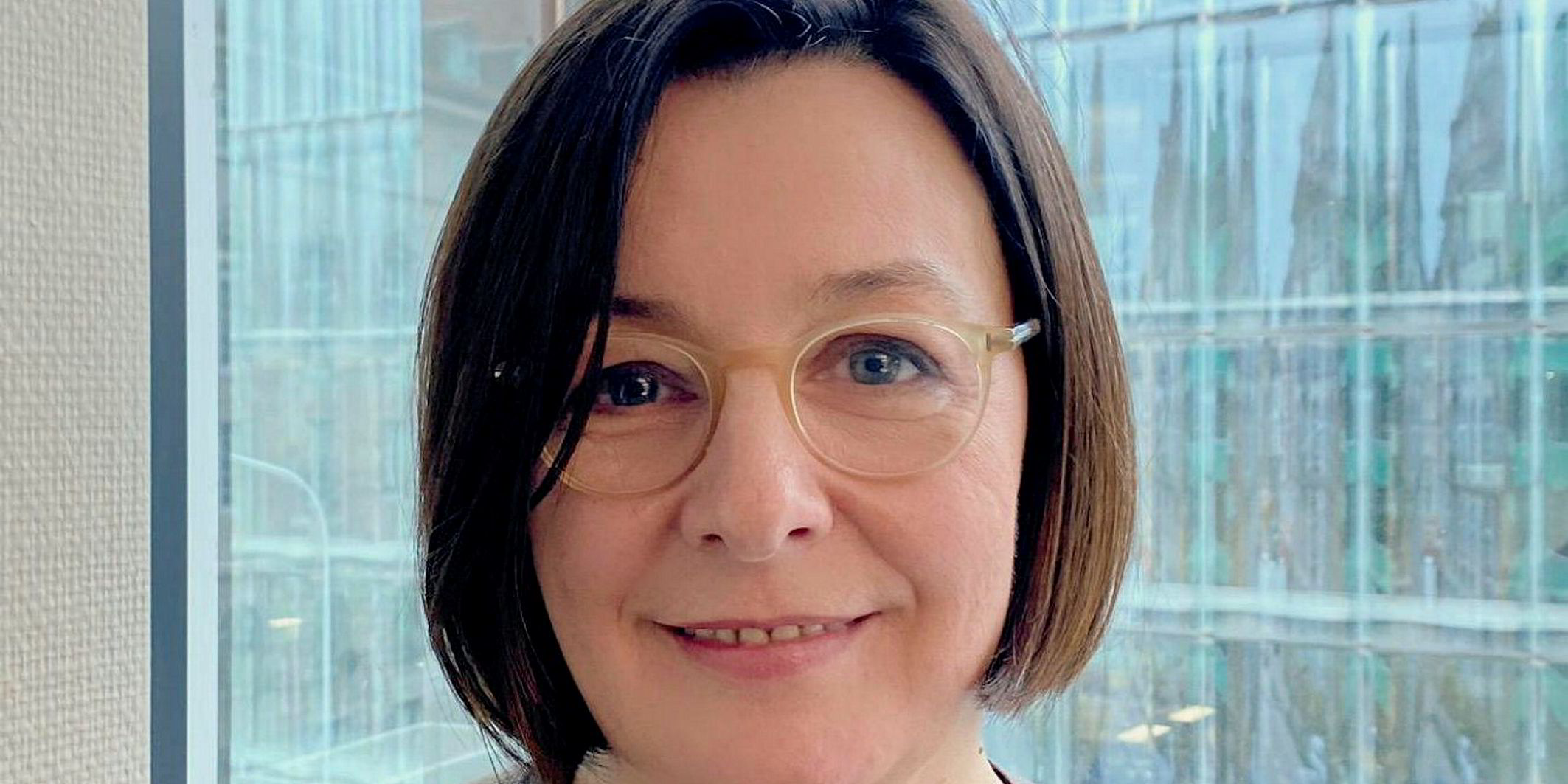
PATRIZIA KERN
Head of marine, Swiss Re
For many years, marine insurance has faced expansion and profitability challenges exactly as the trade and logistics industry has. To address this, key logistics players are starting to partner to digitalise the global marine supply chain.
Newly created data lakes and the adoption of advanced technologies (such as the Internet of Things, big data and blockchain) open new opportunities to, firstly, reduce costs significantly, thanks to automated processes in integrated value chains among parties.
Thus, our operations will become much leaner.
Secondly, we have the chance to improve business underwriting profitability, because the access to logistics ecosystems' data lakes will create unique opportunities to have a 360° perspective on risk.
And, thirdly, we can improve our client service as access to data will allow us to offer completely different products that would not have been imaginable in the past. There will be new risks that arise and for which we will have to be able to offer an adequate insurance cover and, in case of a claim, resolution and settlement will be much quicker.
This is part of a multi-sector series on shipping industry outlook for the decade ahead. Read the full report in this week's print edition.
